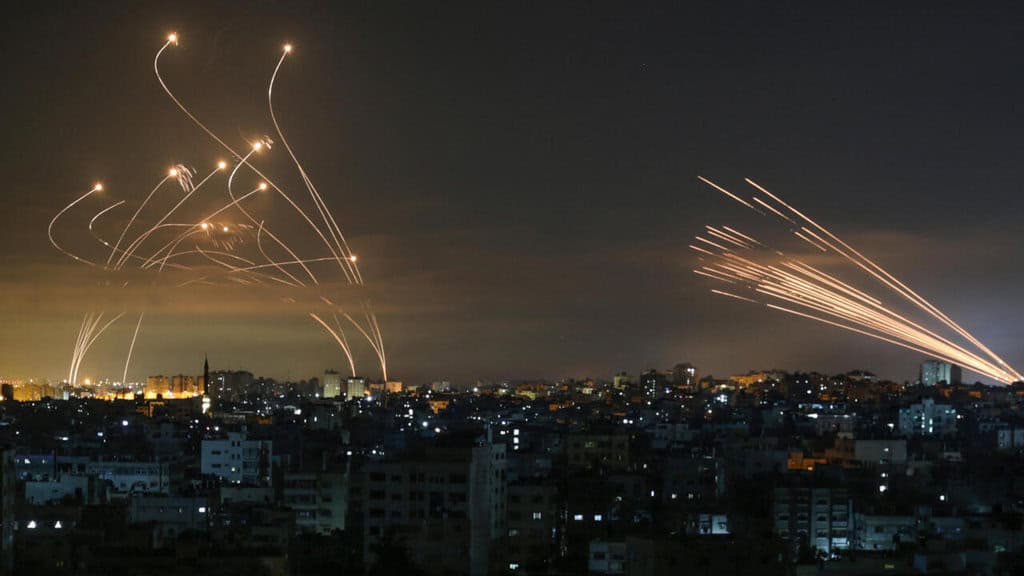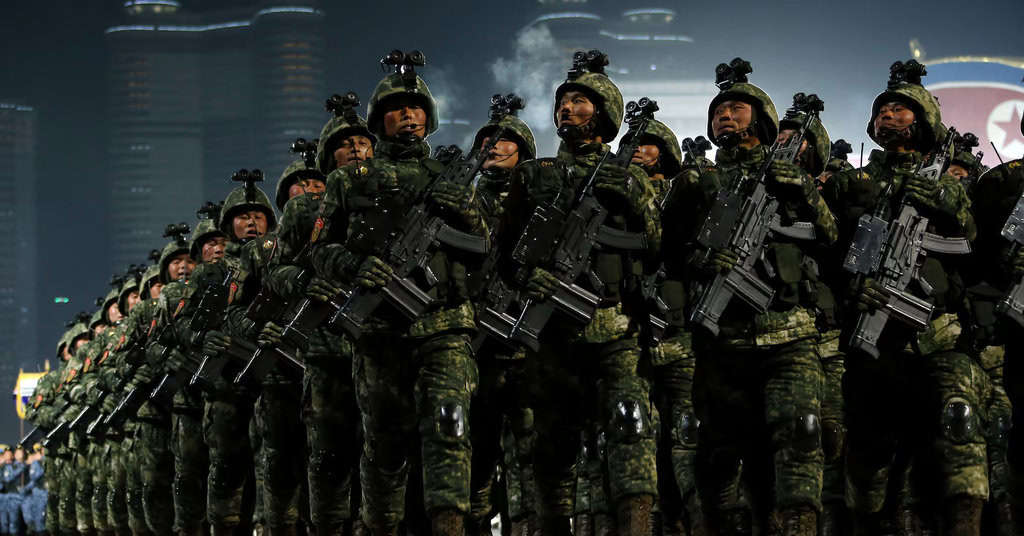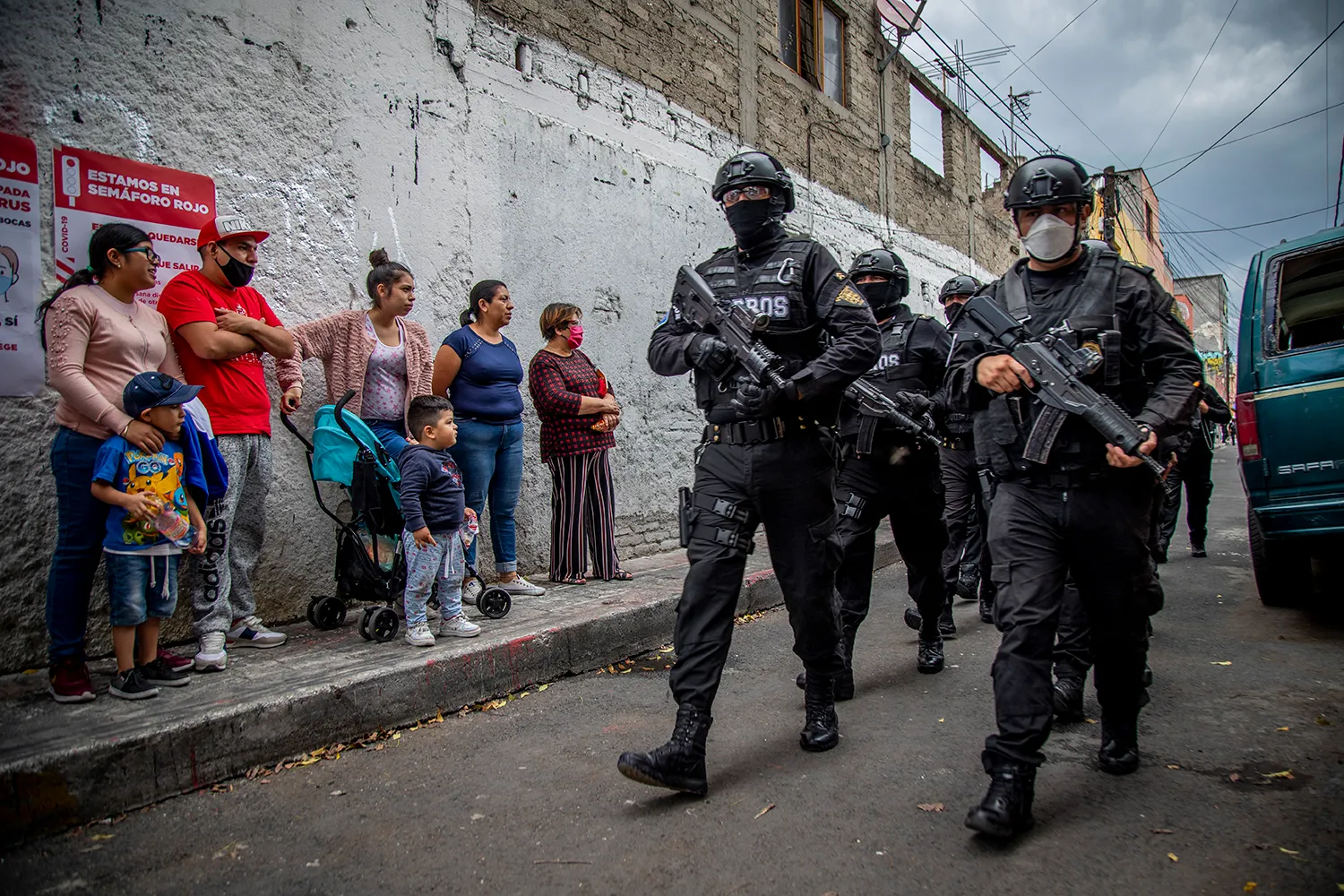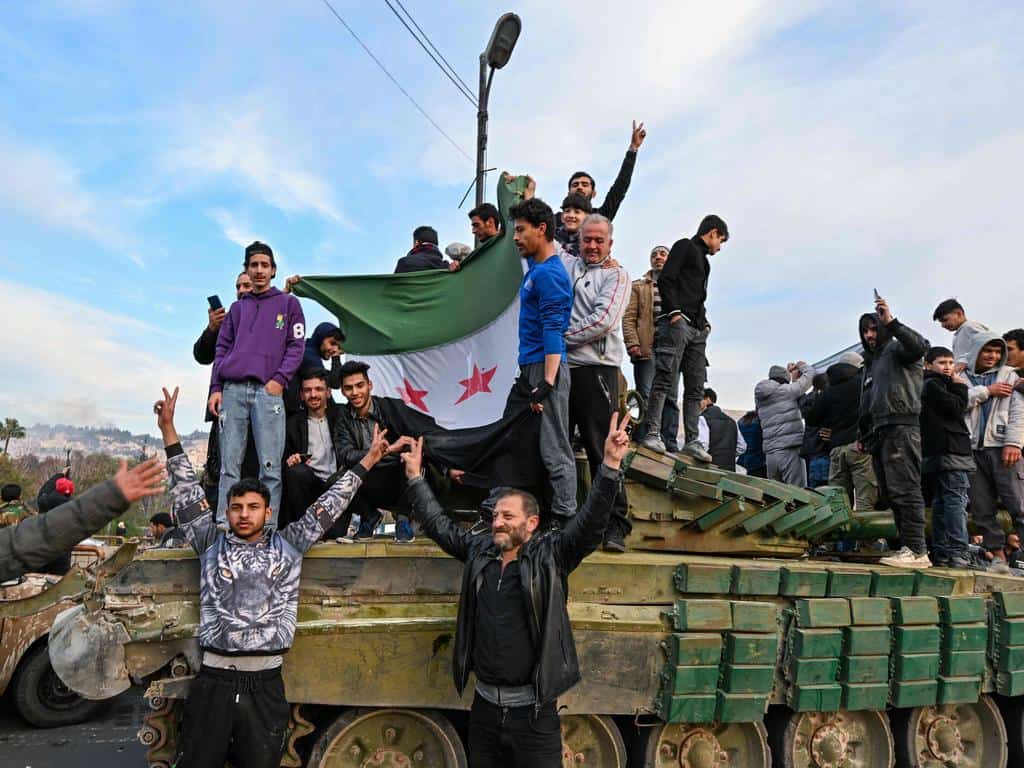Rising Tensions and Potential Conflict
Iran’s recent aggressive rhetoric and the stern warnings from Hezbollah’s Secretary-General, Sayyed Hassan Nasrallah, in response to the attacks on Beirut’s southern suburbs and Tehran, have significantly escalated tensions. Israel is now on high alert, preparing for the possibility of a severe retaliatory strike.
Israel’s Preparations Amid Concerns
Despite the heightened state of readiness, Israel faces challenges in preparing for an all-out conflict. High-ranking political, military, and security leaders, as well as the general public, are bracing for potential war, even as concerns about readiness persist. Notably, several Knesset members from coalition parties have voiced their apprehensions to Prime Minister Benjamin Netanyahu, highlighting the potential inadequacies in the army’s plans for the northern front. They particularly emphasize the threat posed by Hezbollah’s missile capabilities, which could extend beyond Haifa.
Strategic Discussions with the US
In response to these developments, Prime Minister Netanyahu has expedited consultations with US President Joe Biden. These discussions focus on measures to counter the anticipated large-scale missile and drone attacks, reflecting the strategic alliance formed following Iran’s April attack. The Israeli Air Force has also affirmed its state of readiness to address these threats.
Home Front Command Initiatives
Netanyahu’s visit to the Home Front Command underscores the gravity of the situation. During his visit, he discussed strategies to manage multiple simultaneous attack scenarios, emphasizing the need for comprehensive defense measures. Despite reports pointing to vulnerabilities in Israel’s home front, Netanyahu remains steadfast in promoting Israel’s defensive and offensive capabilities.
Public and Political Reactions
The Home Front Command is actively exploring measures to ensure the safety of the population amidst ongoing protests and demonstrations. These protests hold Netanyahu accountable for the worsening security situation. Critics argue that recent attacks in Tehran and Beirut’s southern suburbs are unlikely to prevent war, dismantle Hamas’ military capabilities, secure the northern border, or guarantee the safe return of residents to their homes.
As tensions continue to mount, the Israeli government faces significant pressure to enhance its preparedness and address the concerns of both its leaders and citizens. The coming weeks will be critical in determining whether these efforts will be sufficient to navigate the escalating conflict and ensure the nation’s security.





